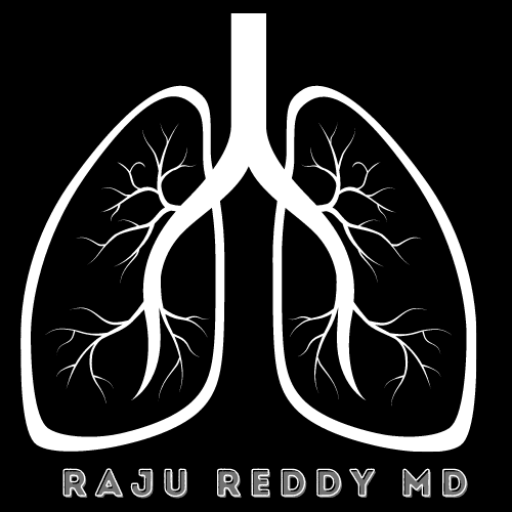Asthma is a chronic respiratory condition that impacts millions worldwide, affecting the ability to breathe freely. However, with increased awareness and effective management strategies, individuals with asthma can lead fulfilling lives. This blog post explores vital aspects of asthma awareness and offers practical tips for managing lung health effectively, supported by credible sources.
Understanding Asthma:
- Asthma Triggers:
Identifying and minimizing exposure to asthma triggers is paramount. Common triggers include allergens (pollen, pet dander), irritants (smoke, pollution), respiratory infections, and physical activity. By recognizing and evading these triggers, individuals can decrease the frequency and severity of asthma symptoms.
- Recognizing Symptoms:
Asthma symptoms vary but often include shortness of breath, chest tightness, wheezing, and coughing. Recognizing these signs early allows for prompt intervention, preventing the worsening of symptoms. Regular monitoring of lung function through peak flow measurements or spirometry can provide valuable insights into asthma control.
Effective Asthma Management:
- Medication Adherence:
Consistent use of prescribed medications, including inhalers and controller medications, is crucial for managing asthma effectively. Understanding the proper use of inhalers and following a prescribed medication regimen can significantly improve symptom control and quality of life.
- Asthma Action Plans:
Creating a personalized asthma action plan in collaboration with healthcare providers empowers individuals to respond swiftly to worsening symptoms. This plan outlines specific steps based on symptom severity, helping prevent asthma attacks and emergency situations.
- Lifestyle Modifications:
Making specific lifestyle changes can contribute to better asthma management. Maintaining a healthy weight, staying physically active with asthma-friendly exercises, and creating an asthma-friendly home environment are integral components of comprehensive asthma care.
Advocating for Asthma Awareness:
- Community Engagement:
Increasing awareness about asthma within communities is vital for fostering understanding and support. Participating in asthma education programs, support groups, and community events can contribute to a more asthma-informed society.
- Promoting Inhaler Technique:
Proper inhaler technique is often overlooked but is essential for effective medication delivery. Healthcare providers can play an essential role in educating individuals about the correct use of inhalers, ensuring optimal therapeutic outcomes.
Asthma awareness and effective lung health management are crucial for enhancing the quality of life for individuals with this chronic condition. By understanding asthma triggers, recognizing symptoms, and implementing personalized management strategies, individuals can confidently navigate their asthma journey and breathe easily.

